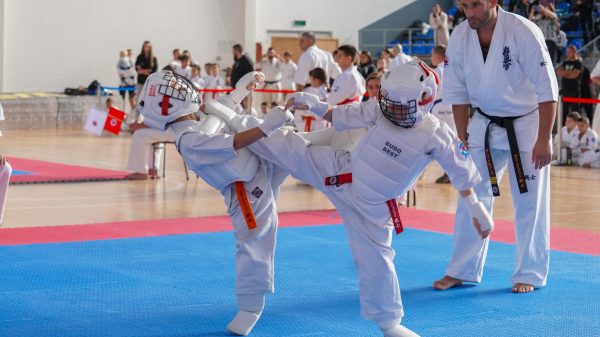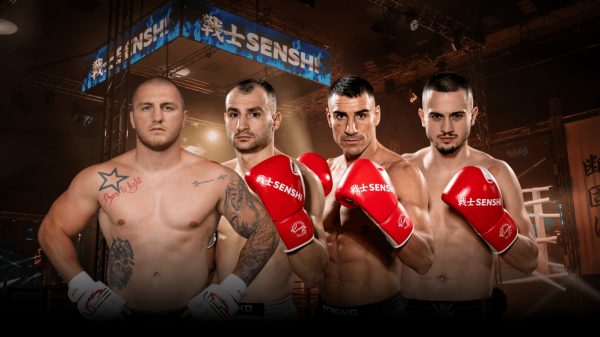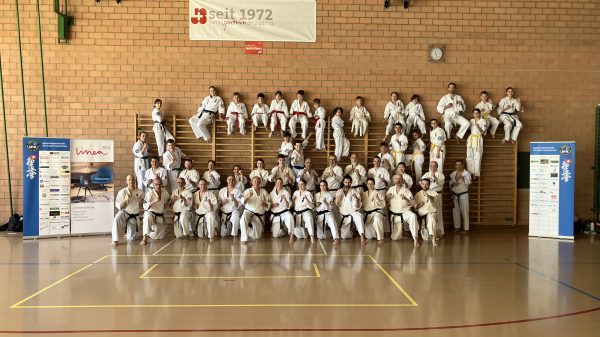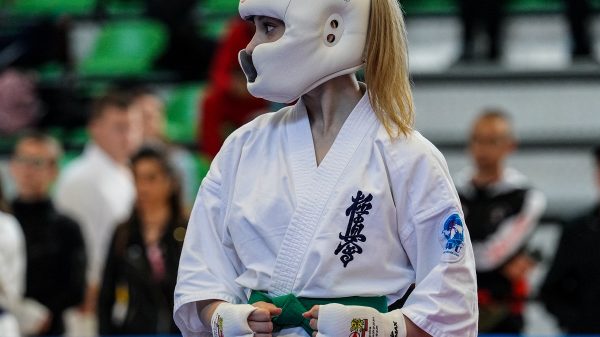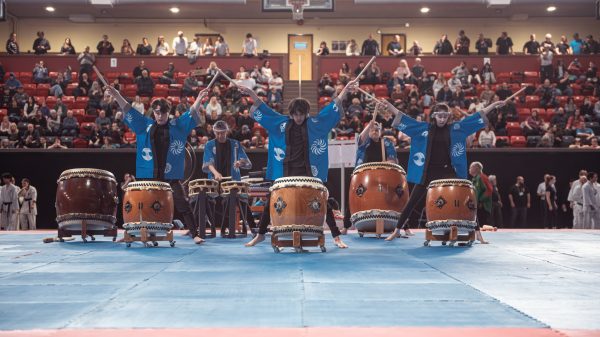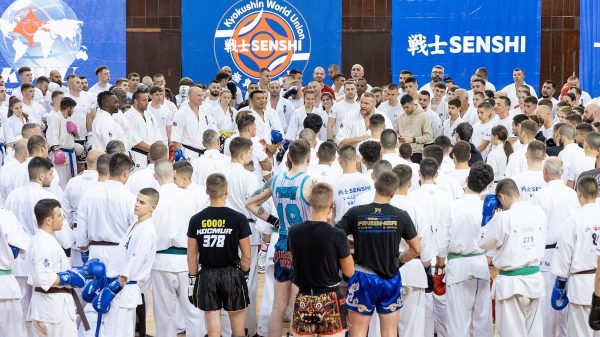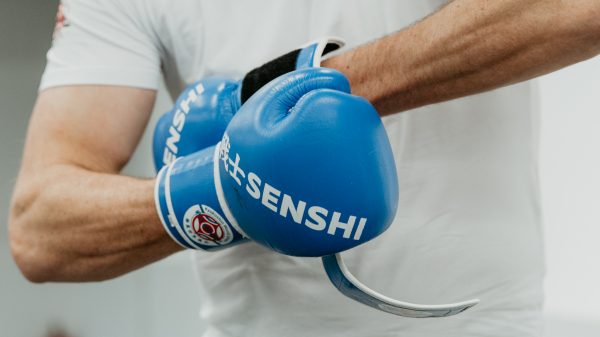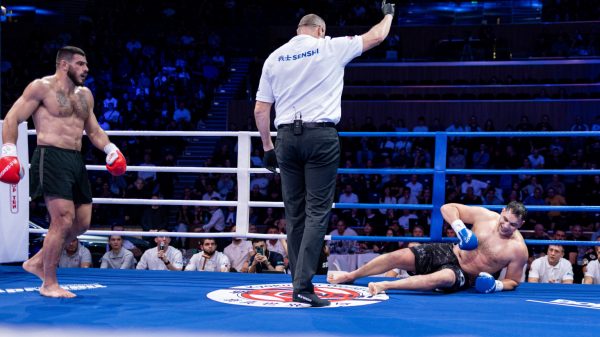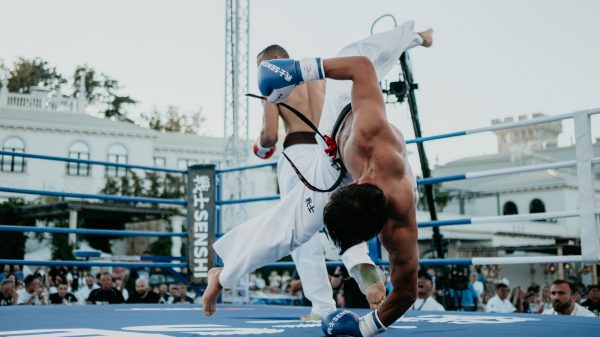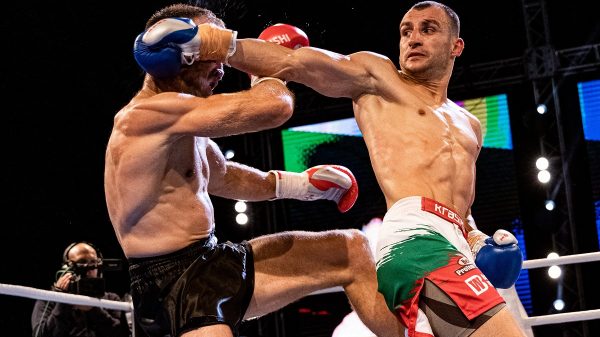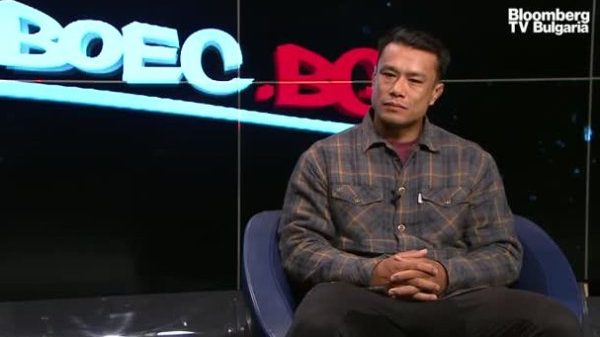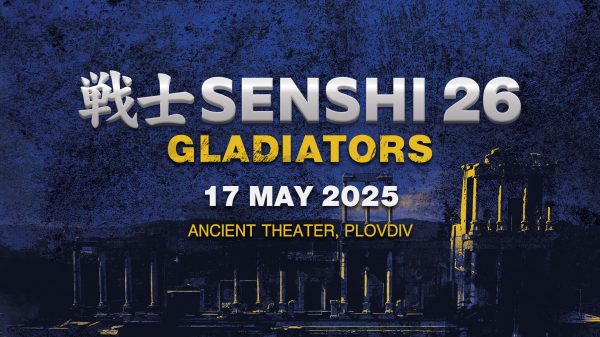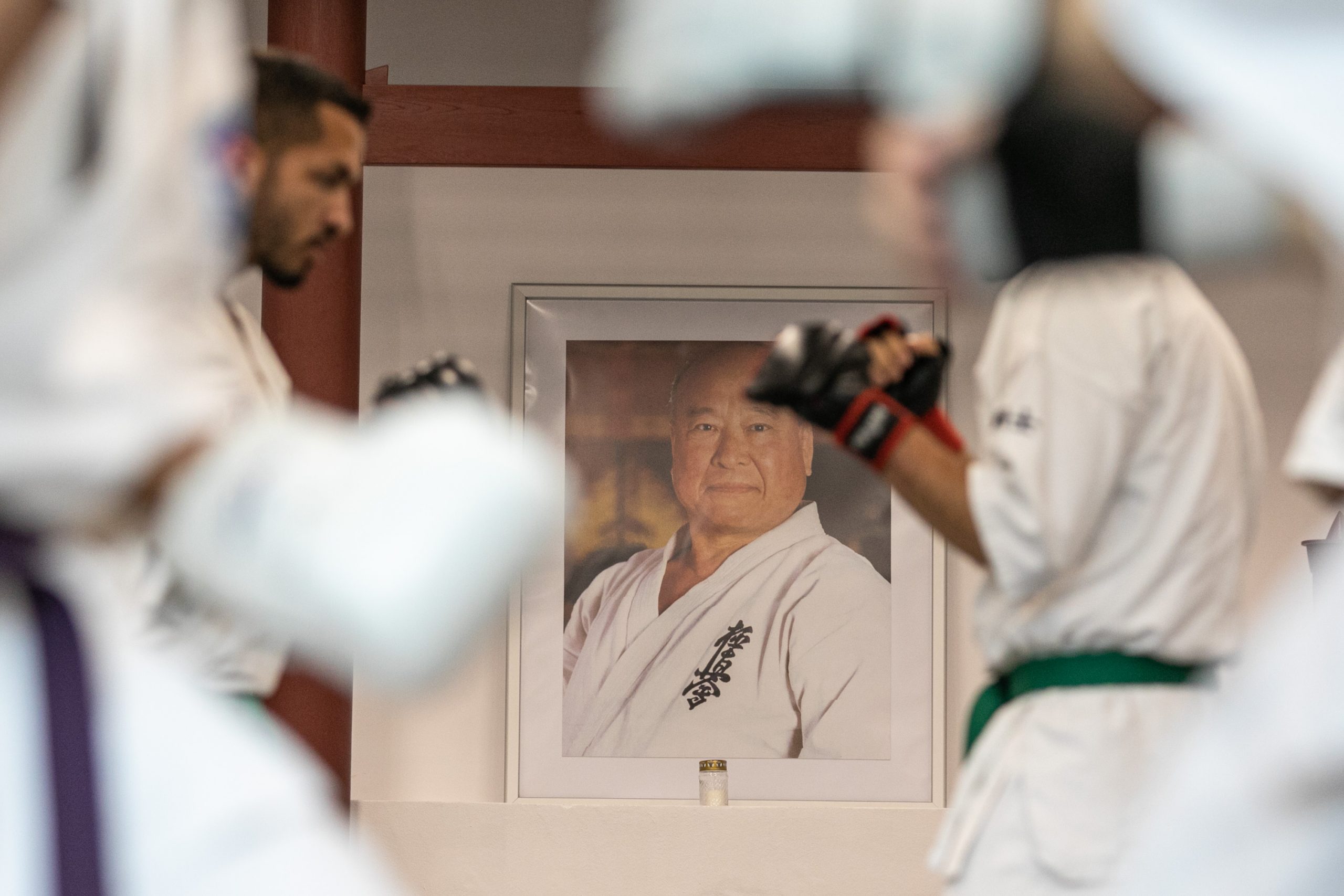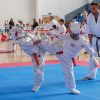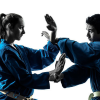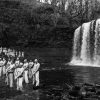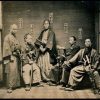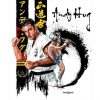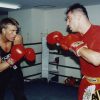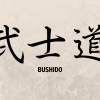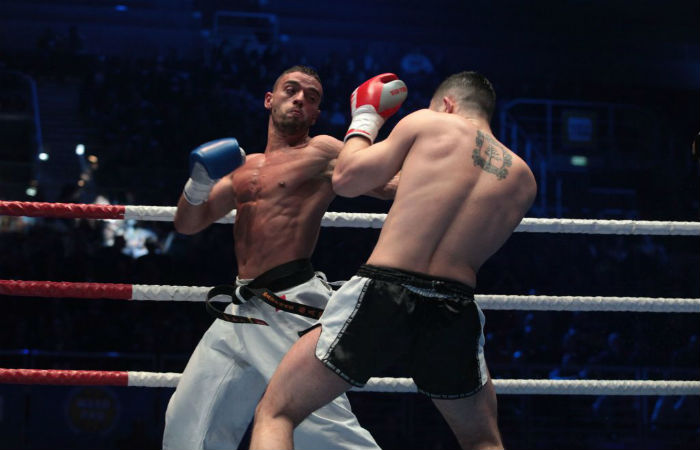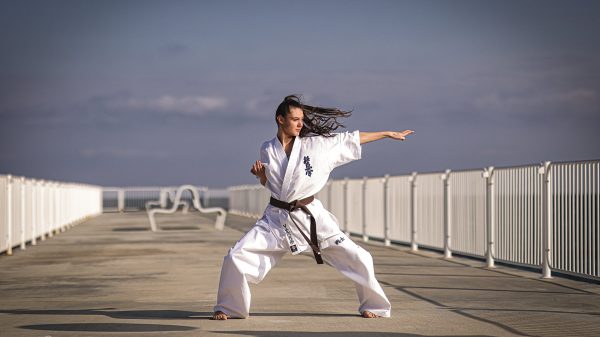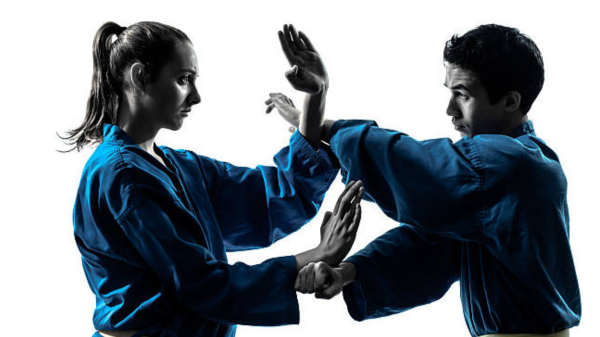“When you can snatch the pebble from my hand, it will be time for you to leave.” This iconic phrase, spoken by Master Kan (Philip Ahn) to the young Kwai Chang Caine (Radames Pera) in the television program Kung Fu (1972), highlights the profound journey of mastery. While the show primarily followed Caine (David Carradine) wandering the Old West, the flashbacks to his training always captured the audience’s interest. Through the lessons from Caine’s teachers, viewers were given a glimpse into the dedication required to be declared a master. This leads to the contemplation: What does it mean to be a “Master”?
The Student
On the first day in a karate class, new students often scan the rows of peers, noting the variety of colored belts. There are many white belts and some orange belts, but as one surveys the higher ranks, the numbers start to dwindle. This raises the question: “How many white belts make it to black belt?”
In any martial art, many students begin their journey, but few continue to the highest levels. This phenomenon can be likened to John Milton’s quote from Paradise Lost: “Long is the way and hard, that out of Hell leads up to Light.” It may sound dramatic, but martial arts training tests practitioners both physically and mentally. Many who have experienced this journey would agree that the key element to being a successful student is self-discipline.
Training often involves straining against gravity for that last push-up, enduring shaking legs during stance training, or taking falls from a classmate’s well-executed throw. Such demanding training sessions require choices of commitment, often at the expense of social activities. This discipline is essential for advancing to the next level.
The Instructor
It is often said that true learning begins at the black belt level. At this stage, students are best prepared to understand higher-level concepts and teachings, having mastered the basics. For clarity, black belt degrees from first and above or their equivalent in martial arts are considered. This is typically when a practitioner starts teaching and studying martial arts, demonstrating a deep commitment to the style.
Teaching is viewed as one of the best ways to deepen one’s understanding of a subject. It requires looking at concepts from different perspectives, solving problems, or creating drills to address a student’s unique mistakes. Often, it involves passing down wisdom received from previous generations, thus ensuring the continuity of knowledge. Teaching helps refine one’s skills and understanding, making it a crucial part of achieving mastery.
The Master
The concept of mastery often evokes images of characters like Han (Kien Shih) from Enter the Dragon or Feng (Christopher Walken) from Balls of Fury. These portrayals suggest that mastery involves flamboyant costumes, a big throne, an aloof attitude, and a cessation of learning. However, true mastery is quite the opposite.
Masters are often distinguished by their humility and relentless pursuit of learning and improvement. After a lesson, a master might thank the student, emphasizing that teaching is also a learning experience for the instructor. This principle extends beyond martial arts to any skill that requires specialized knowledge. Just as a master swordsman keeps their blade sharp, mastery involves a continual quest for knowledge and self-improvement.
Conclusion
Mastery in martial arts, or any field, is not about reaching a point where learning stops. Instead, it is a continuous journey of growth and self-improvement. It requires self-discipline as a student, a deeper understanding through teaching, and an insatiable curiosity and humility as a master. Through this path, martial artists and practitioners of any skill can achieve true mastery, embodying the mind-body connection and continually pushing the boundaries of their abilities.


